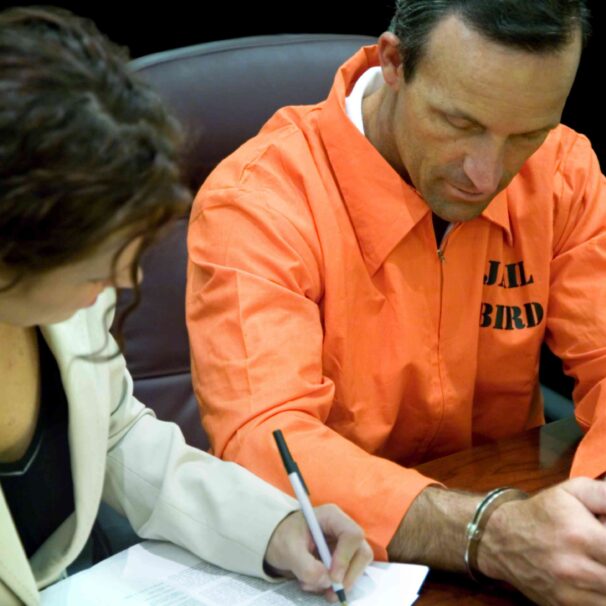HealthProviders DB is a comprehensive database of healthcare providers, including a complete directory of all Forensic Psychologists.
Psychologist Healthcare Taxonomy Code 103TF0200X
As of today, the following are the total number of Forensic Psychologists nationally, in your State, and near your location.
Select a State below to view the list by State. Additionally, you can narrow the list by city, among other options, from the Filter Panel, which you can open by clicking the vertical ellipses ⋮ in the upper right corner of the app.
Alaska – Alabama – Armed Forces Pacific – Arkansas – American Samoa – Arizona – California – Colorado – Connecticut – District of Columbia – Delaware – Florida – Federated States of Micronesia – Georgia – Guam – Hawaii – Iowa – Idaho – Illinois – Indiana – Kansas – Kentucky – Louisiana – Massachusetts – Maryland – Maine – Marshall Islands – Michigan – Minnesota – Missouri – Northern Mariana Islands – Mississippi – Montana – North Carolina – North Dakota – Nebraska – New Hampshire – New Jersey – New Mexico – Nevada – New York – Ohio – Oklahoma – Oregon – Pennsylvania – Puerto Rico – Palau – Rhode Island – South Carolina – South Dakota – Tennessee – Texas – Utah – Virginia – Virgin Islands – Vermont – Washington – Wisconsin – West Virginia – Wyoming
Medicare
The following are the total number of Forensic Psychologists who accept Medicare in your State, the number who have opted out of Medicare, and the total number excluded from participation in Medicare nationwide.
The diagram below shows all the Forensic Psychologists across the country, represented by blue bubbles. The larger the bubble, the greater the concentration of providers in that area. Red bubbles represent Medicare-excluded providers, with the larger bubbles indicating a higher percentage of excluded providers in that region. You can change the bubble size to be based on exclusions from the Size menu.
What do Forensic Psychologists do?
Forensic psychologists apply psychological principles to the legal and criminal justice systems by conducting assessments, evaluations, and expert testimony, and by developing treatment programs for offenders and victims.
Their work includes assessing competency to stand trial, predicting the risk of reoffending, providing insights into criminal behavior for law enforcement, and offering therapy or rehabilitation to individuals within the justice system.
What they do
Assessments and Evaluations: Conduct psychological evaluations of individuals involved in legal cases to determine factors such as mental state, competency to stand trial, and future risk.
Expert Testimony: Serve as expert witnesses in court, presenting professional opinions based on psychological evaluations and research to help judges, lawyers, and juries understand complex issues.
Criminal Profiling and Investigation: Analyze criminal behavior and develop offender profiles to assist law enforcement in understanding motives and identifying suspects.
Therapy and Rehabilitation: Offer counseling and therapeutic services to offenders, helping them address their crimes and develop more positive behaviors.
Consultation: Guide police, attorneys, and correctional officials on psychological matters related to criminal cases and the legal system.
Program Development: Design and implement programs for correctional facilities aimed at rehabilitating offenders.
Working with Various Parties: Interact with a range of legal professionals, including detectives, attorneys, and judges, as well as correctional officers and individuals within the justice system.
Environment
Forensic psychologists may work in a variety of settings, including Law enforcement agencies, Correctional facilities, hospitals, private practices, Courts and the legal system, and Universities and research institutions.

